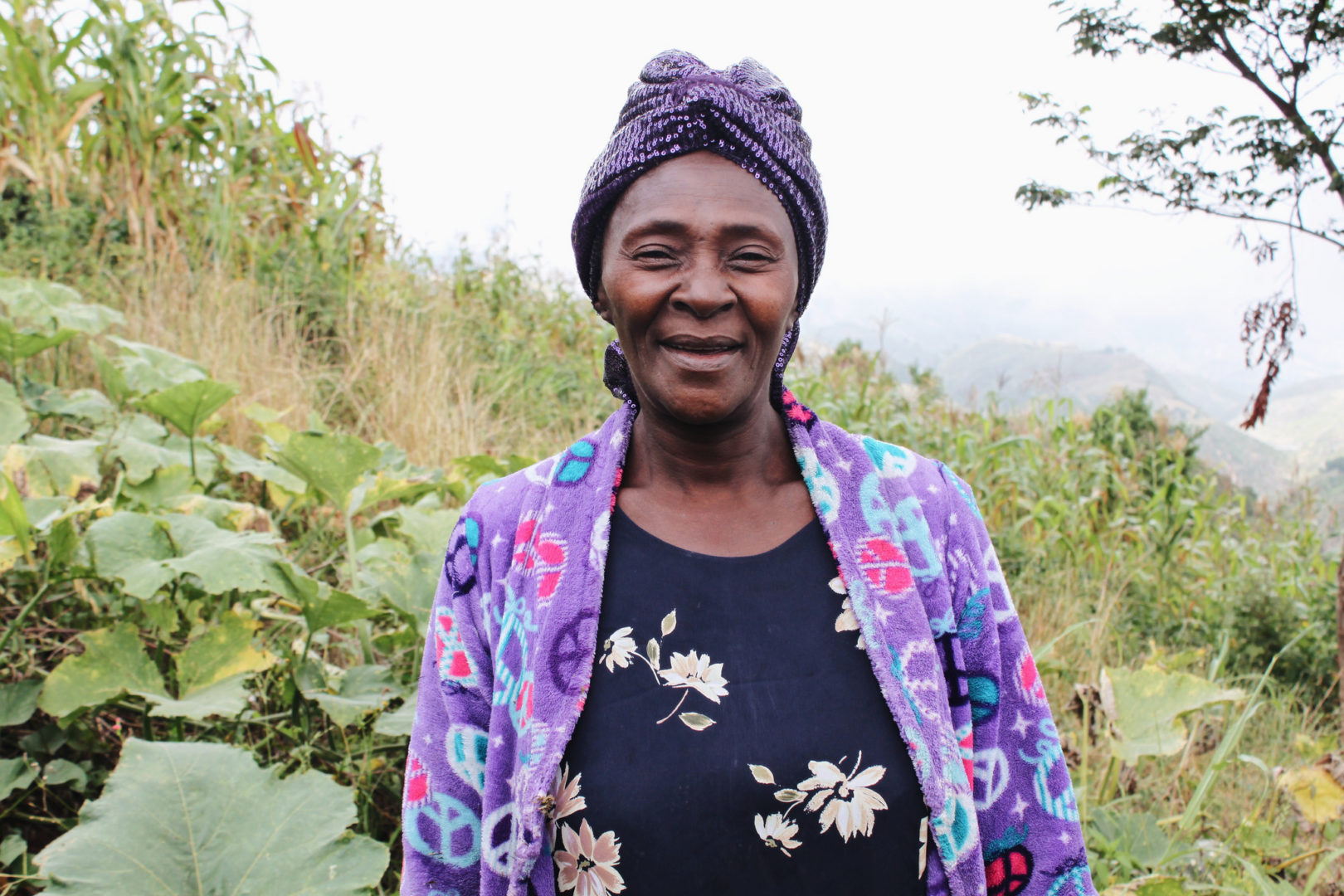One of the things that sets apart Plant With Purpose’s work is a commitment to building and developing leaders among locals. Visit any of our international offices and you won’t find any expat staff members. Instead each partnering country has its own autonomous office staffed by nationals.
These offices work to develop even more local leaders by equipping local organizers from participating villages and training church leaders to be on the front lines of promoting sustainable agriculture in each community.
Paternalism has been one of charity’s biggest problems.
So many people with the desire to help others ultimately do more harm. While the desire to help is a very good thing that has been planted in each of our hearts, paternalism is what happens when that desire becomes twisted by a sense of self-importance.
Paternalism is an act of help or giving that ultimately reinforces the recipient’s inferiority and lack of self-esteem.
It can take many forms, like failing to listen to locals, failing to trust in the ability of local leaders, or giving with conditions that undermine their abilities. Empowering local leaders has been key in allowing our work to be an effort of mutuality.

National staff members from Tanzania visit a program site in the country's rural areas.
Creating dependency causes more problems, empowering people causes hope.
In some areas, well-intentioned efforts often inhibit locals from applying their own gifts. For example, many Haitian communities have received donated clothing so regularly that if a local had an interest in starting a clothing business, there would be no demand for his or her product which is readily available for free. This keeps that village in a state of dependency, with little opportunity for local innovation to emerge.
Down to the village level, Plant With Purpose focuses on developing leaders.
Small community savings groups elect their own officers. Local pastors are equipped to guide their churches through creation care. Motivated participants are also given the opportunity to become advocates. We hear regularly how this has instilled many with a newfound sense of agency.
Plant With Purpose’s long term vision is for change to be in the hands of the community.
As communities’ time of participation grows longer, they begin to move towards graduation. At that point they will no longer need Plant With Purpose, but can then become an advocate for change in neighboring villages. This is one way to ensure we pursue transformation rather than simple organization growth.

Dieula shares a smile from her farm in Haiti.
Everyone has the right to be generous.
In Haiti, Diuela no longer sees herself as needy, but as someone who can give to her community. “I plant trees on my land in memory of the people who lost their lives in the 2010 earthquake,” she professes. “This generosity helps me to feel happy and blessed. Plant With Purpose came to share with me and now I must go and share with others.”
One thing we’ve learned from the communities we work in is that Western audiences often think of poverty as a material lack. It is also a psychological and spiritual condition.
In When Helping Hurts, Steve Corbett says “by showing low-income people through our words, our actions, and most importantly our ears that they are people with unique gifts and abilities, we can be part of helping them to recover their sense of dignity, even as we recover from our sense of pride.”
Plant With Purpose continues to seek the empowerment of locals. We have already trained leaders of over 1,200 community savings groups as well as pastors of over 500 churches. To learn more about the communities where we work, visit here, or consider becoming a Purpose Partner.


















Incredible. You guys have an amazingly holistic and genuine ethos, and I love that you spell it out for everyone on these blogs.